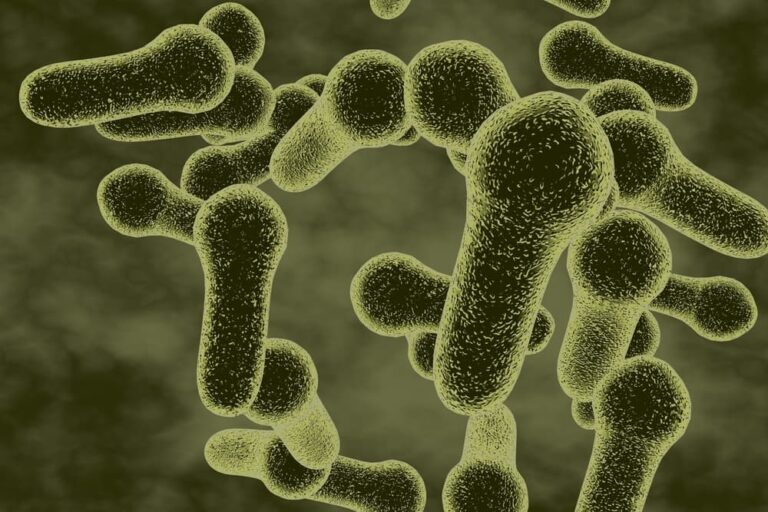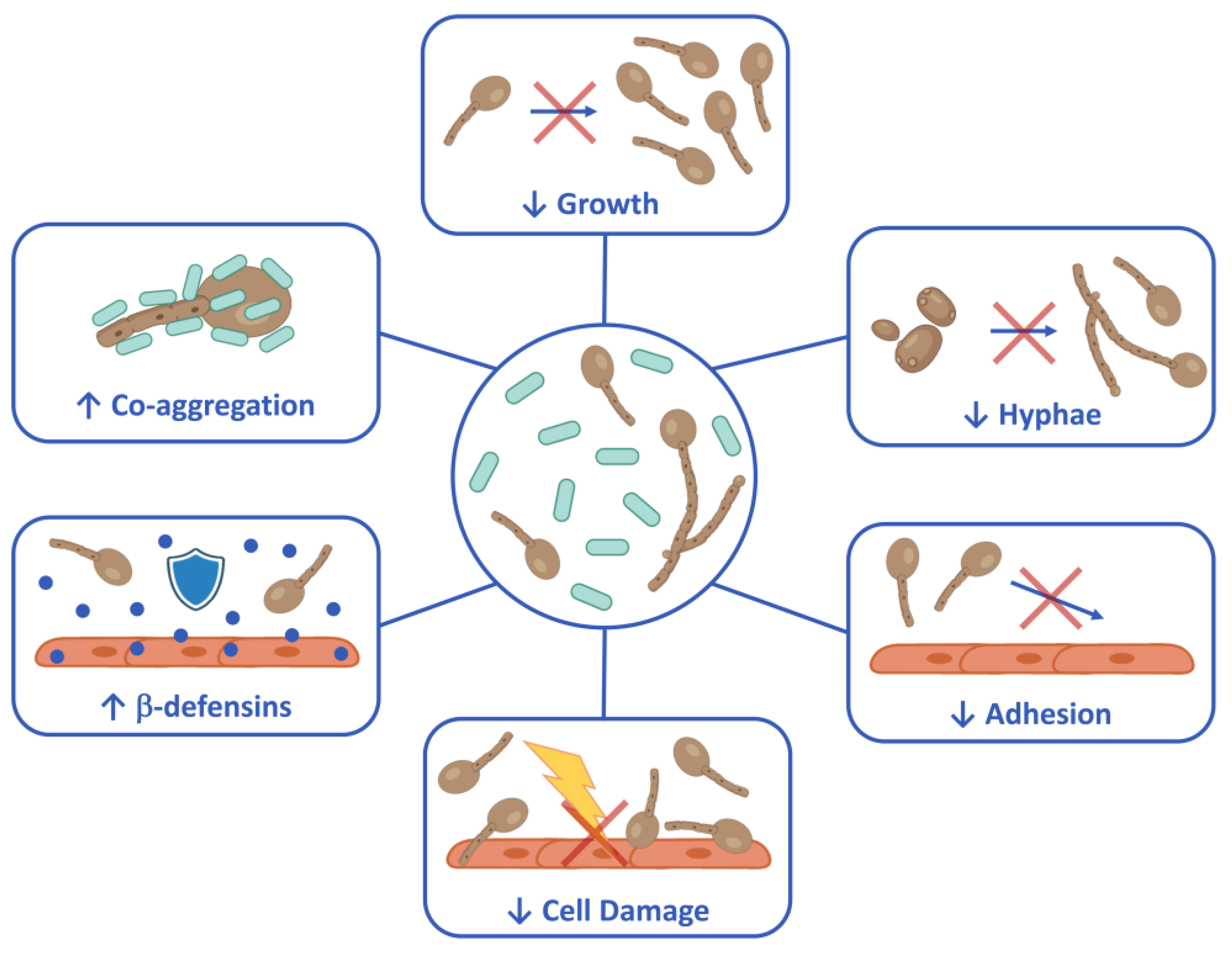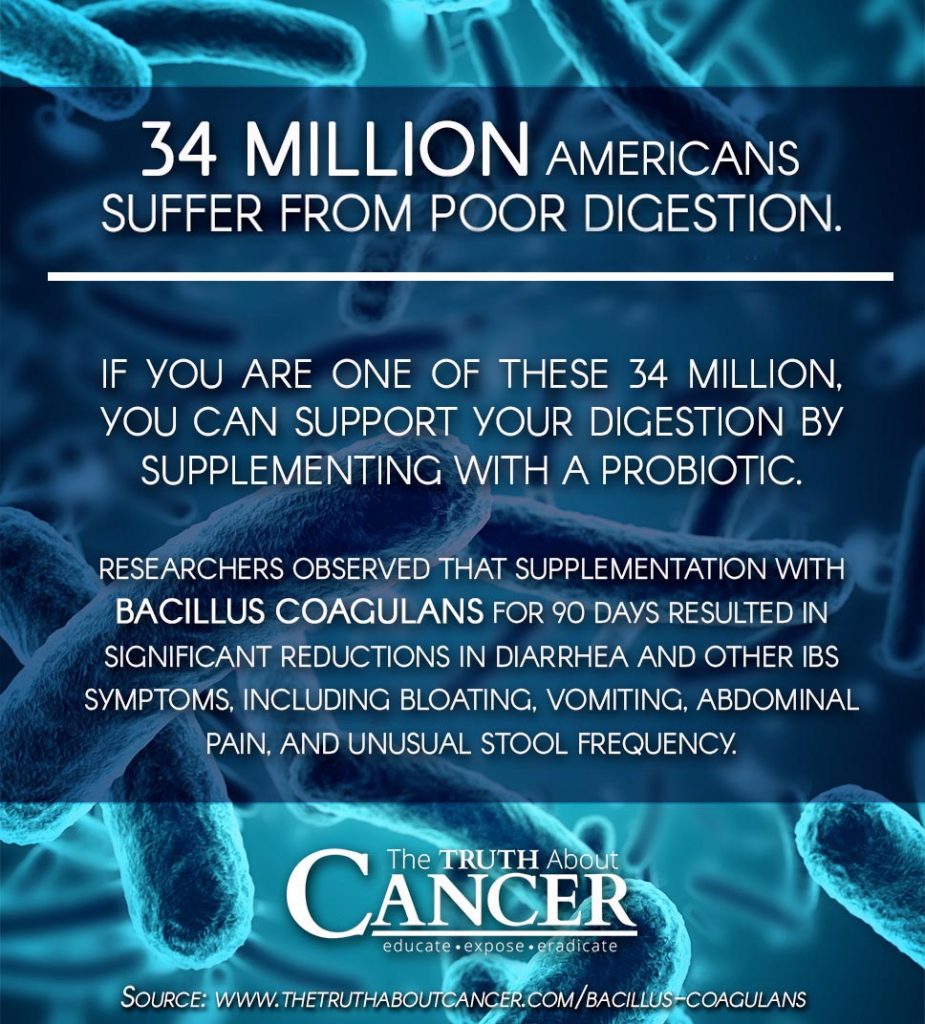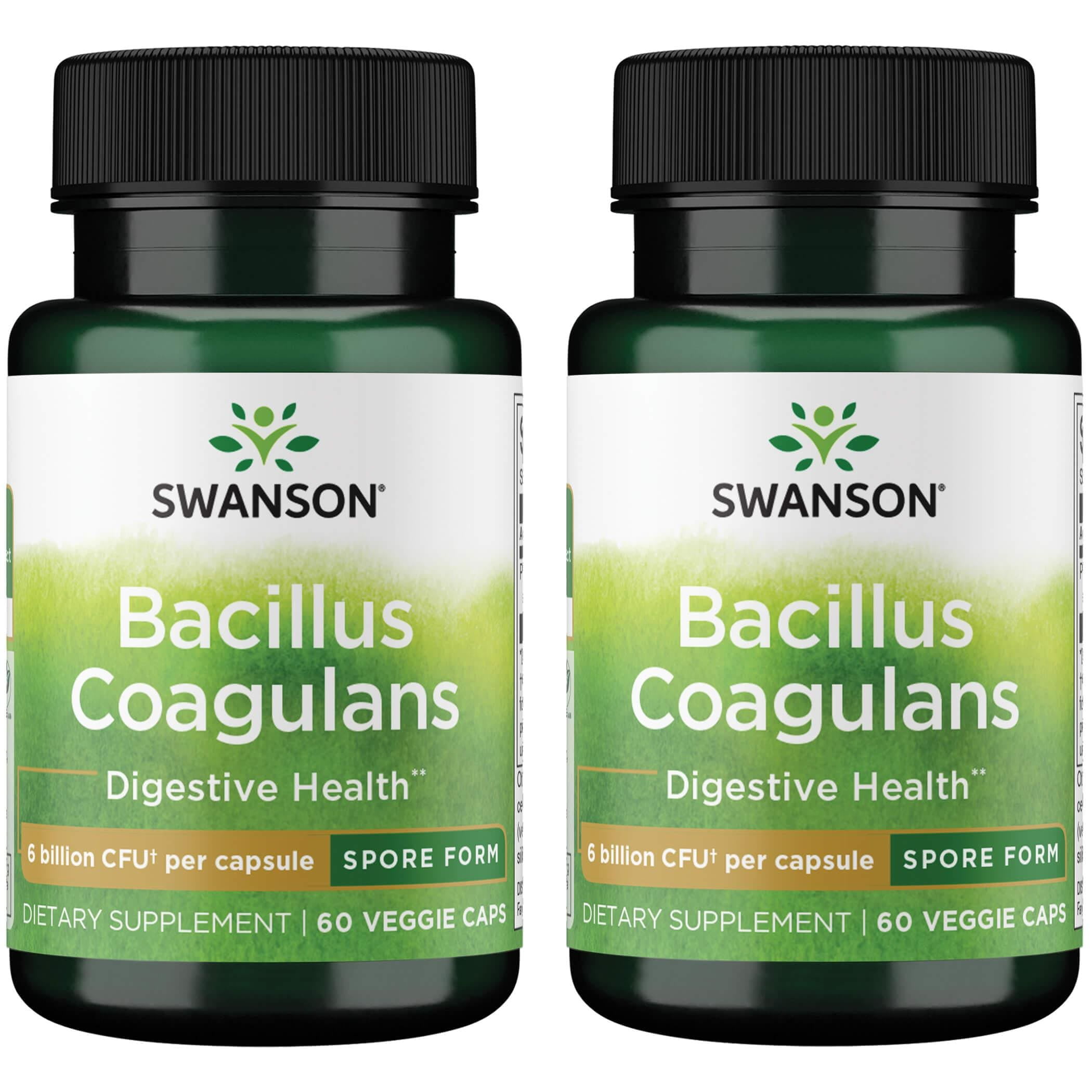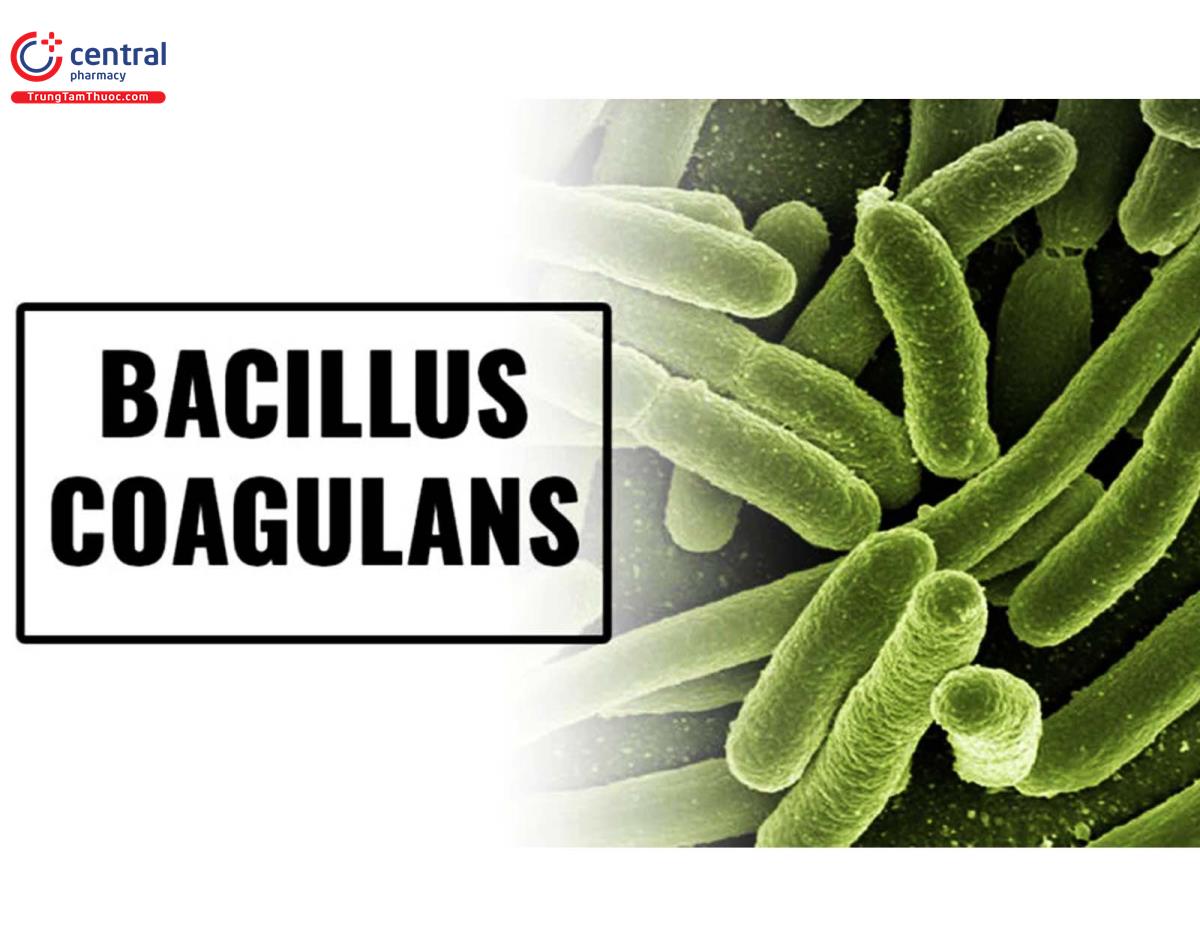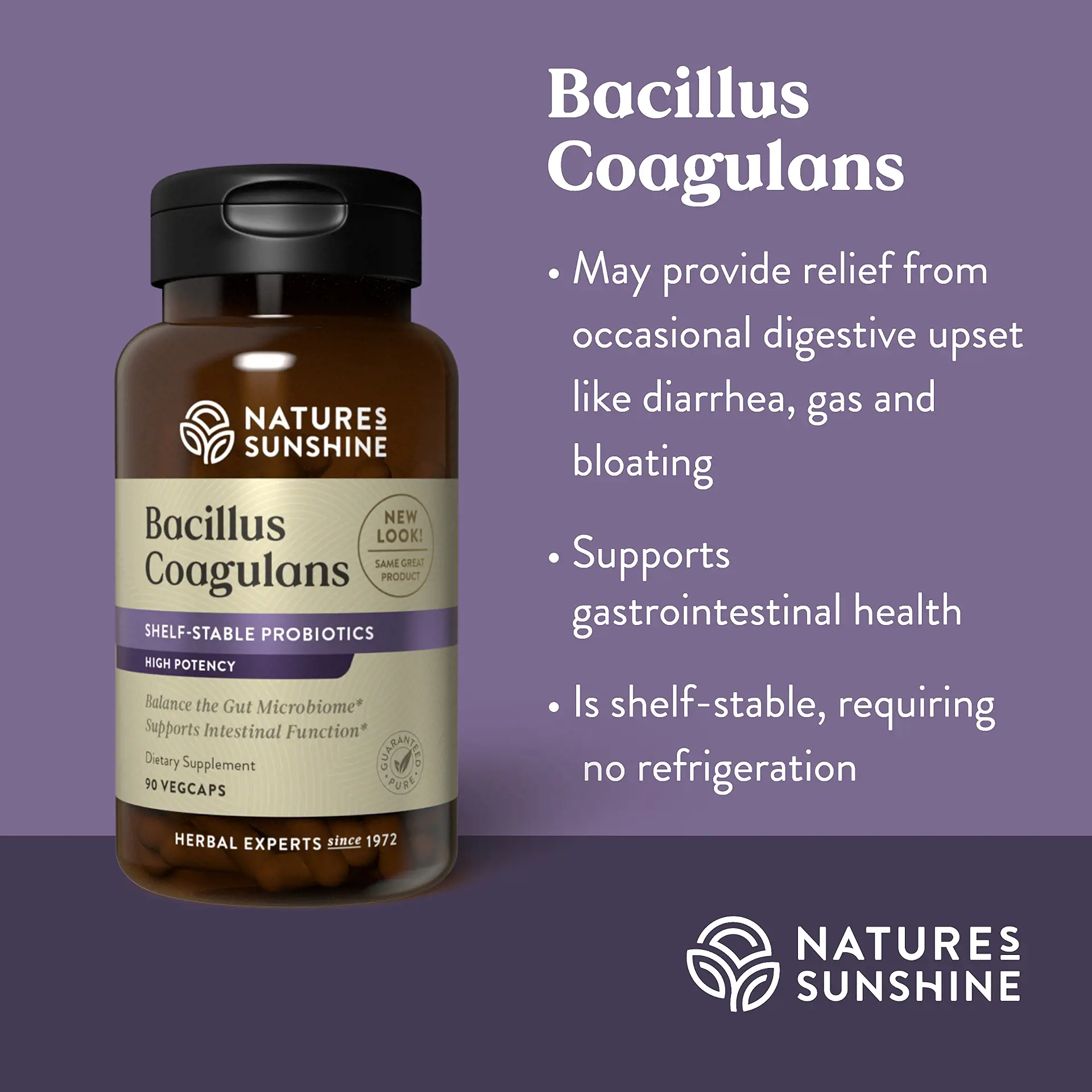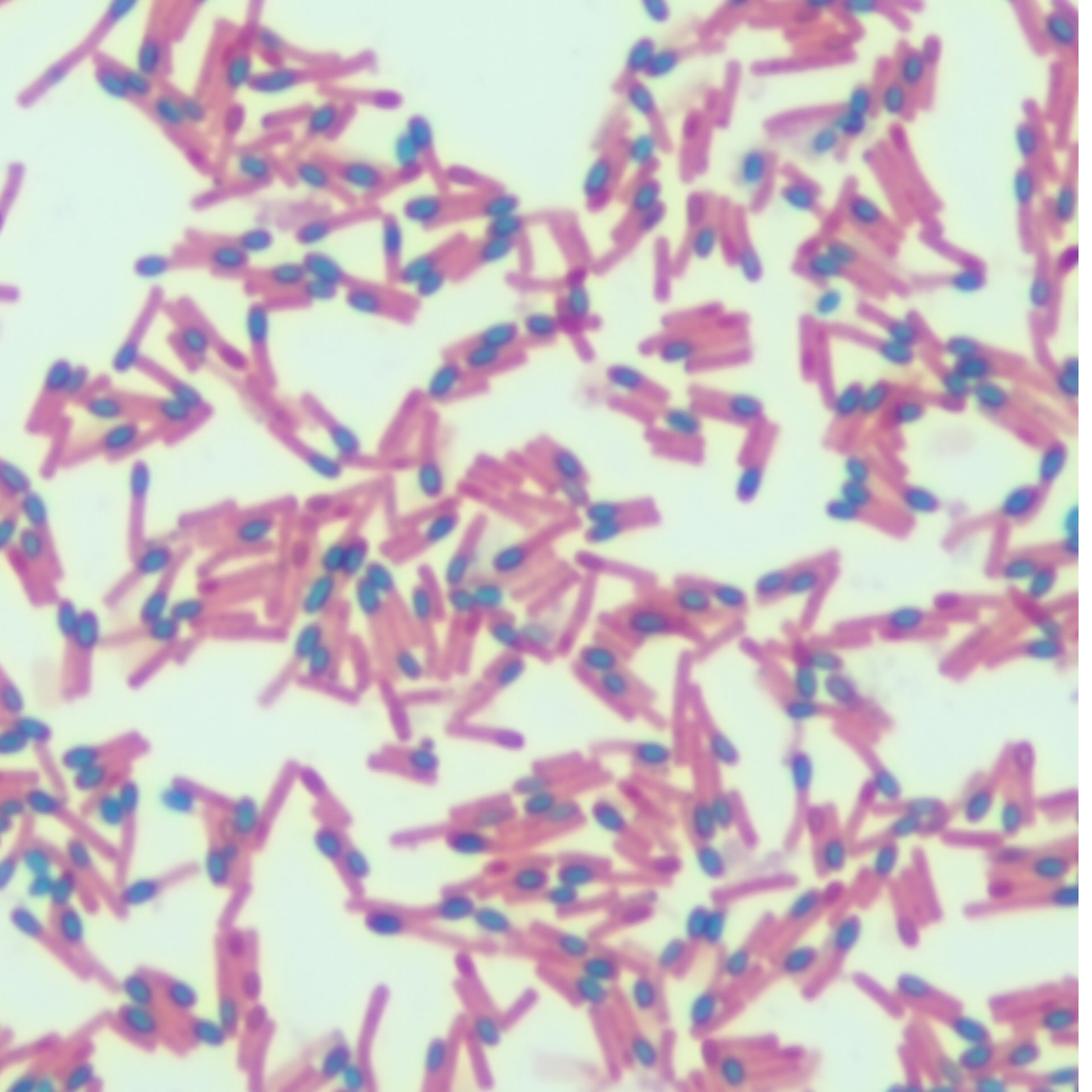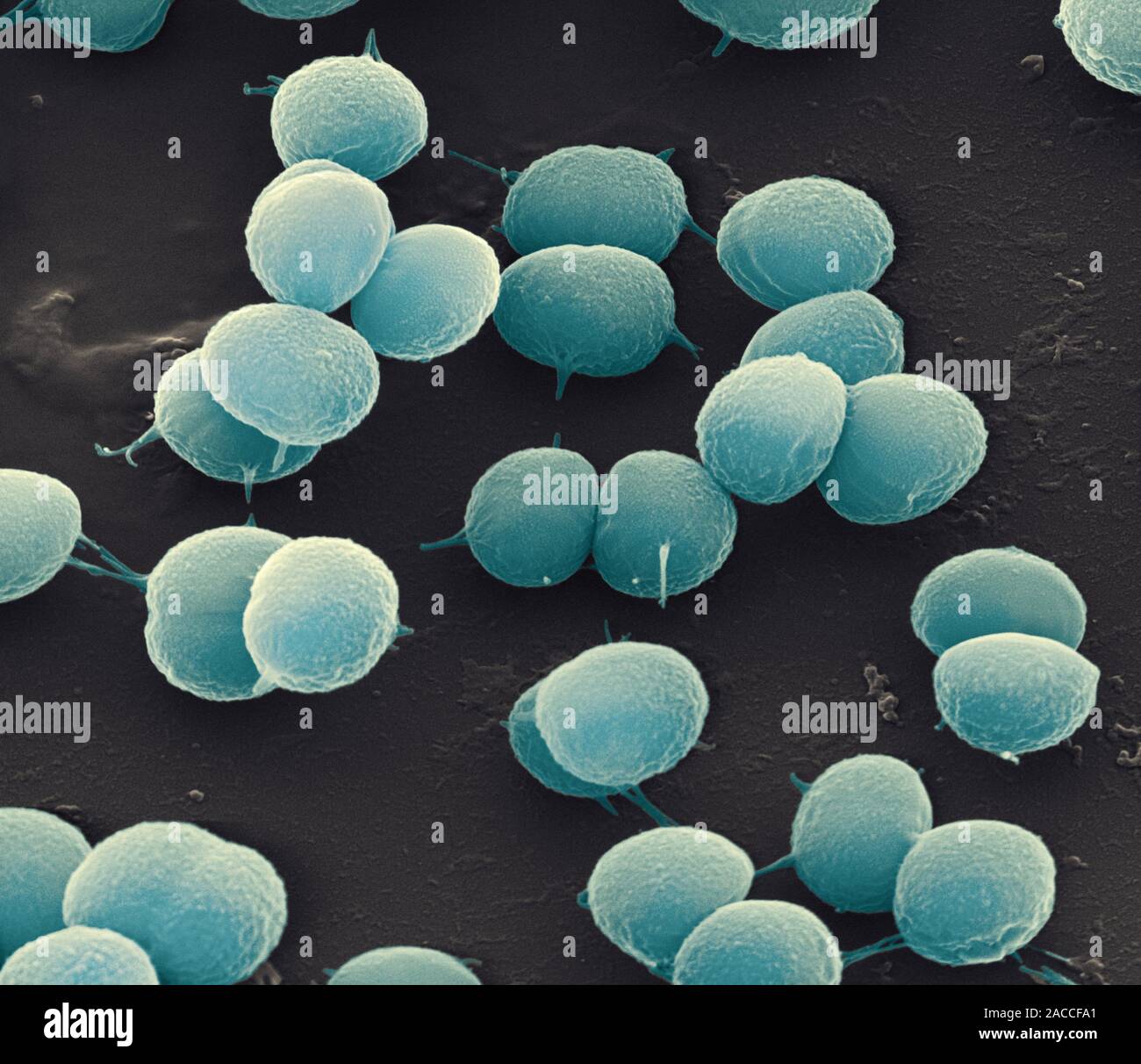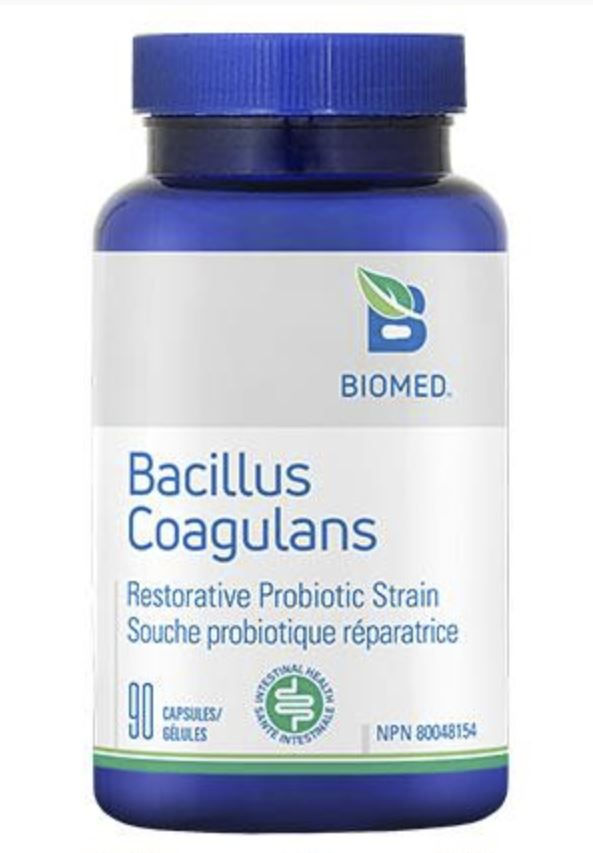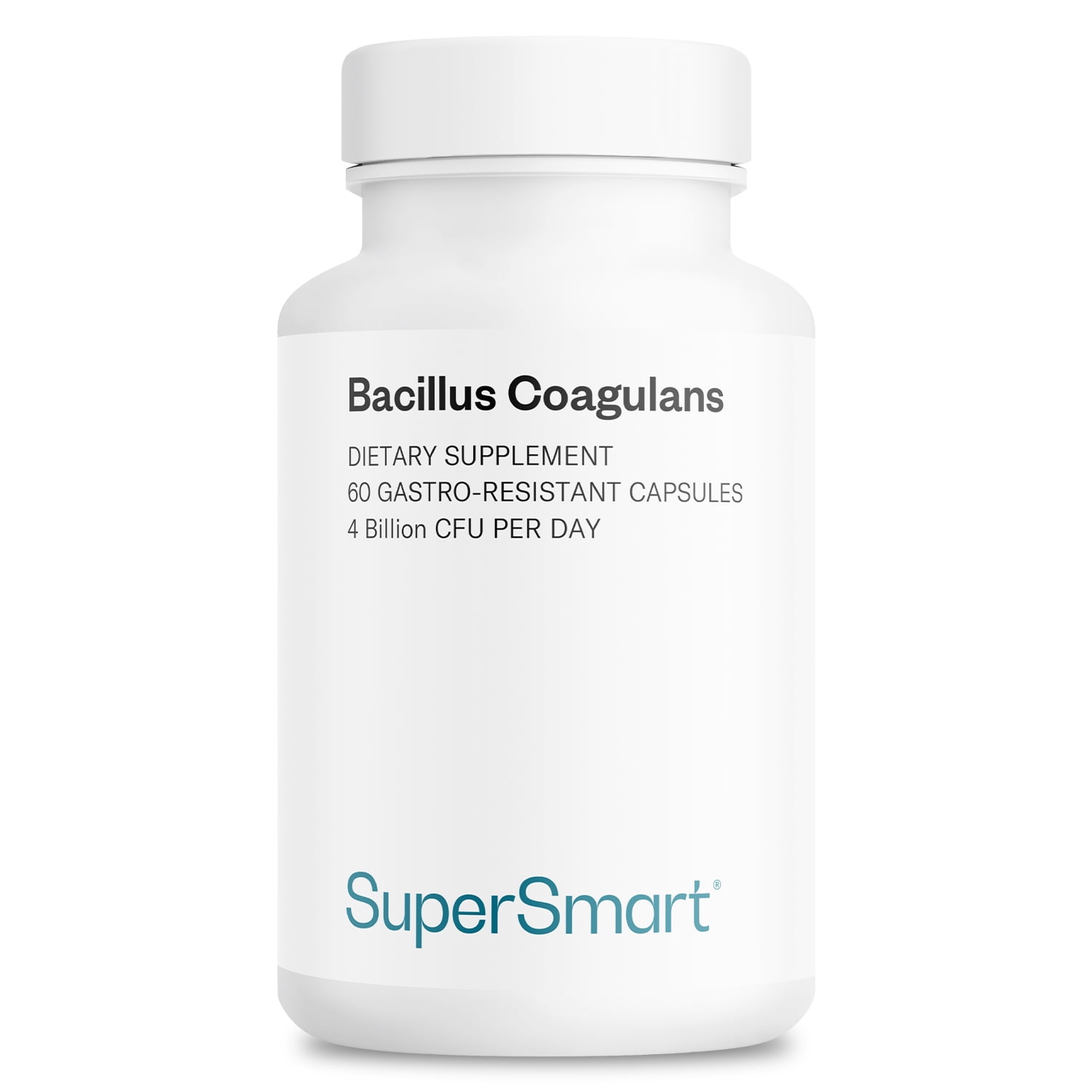Does Bacillus Coagulans Help With Yeast Infections
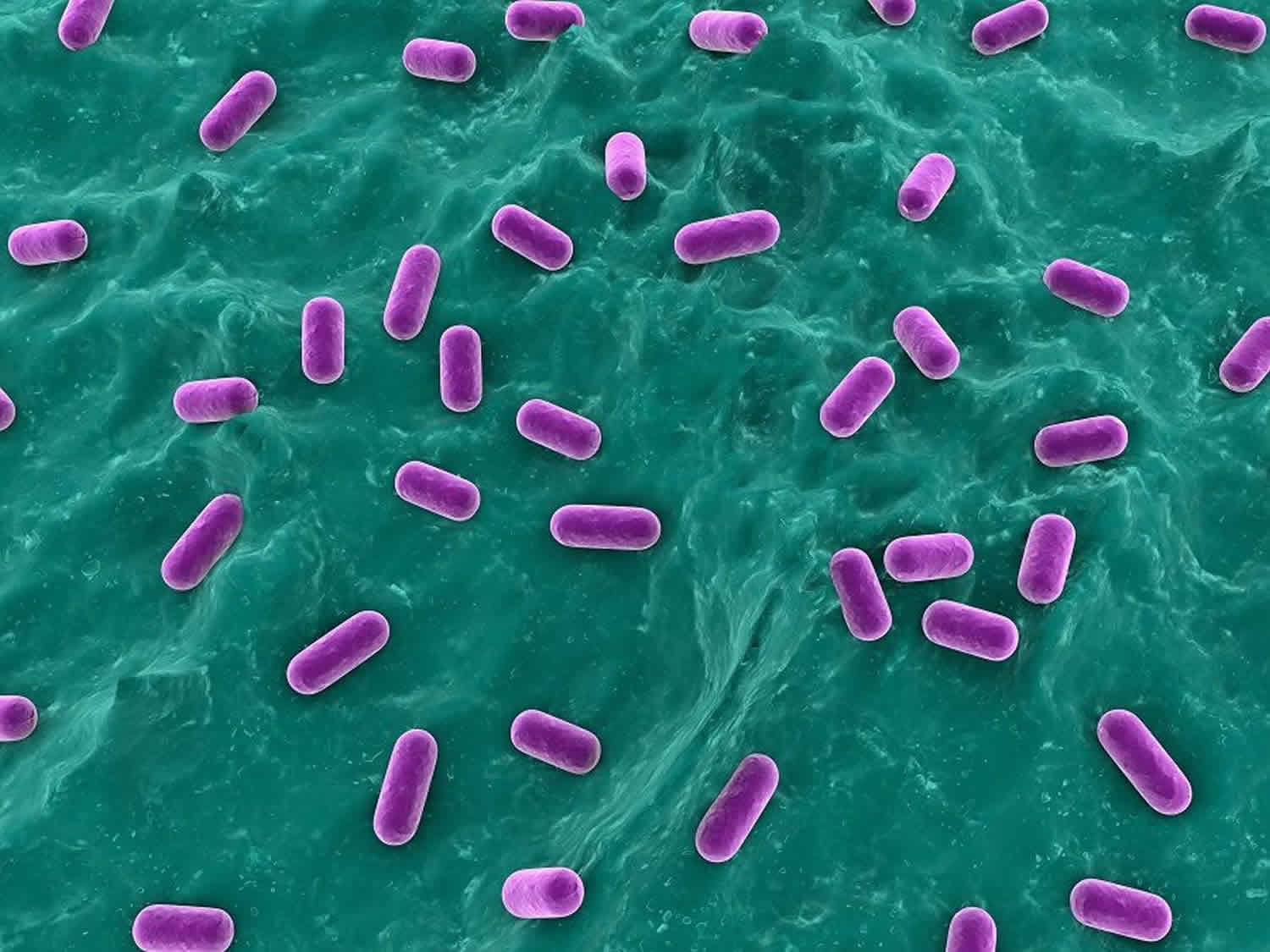
Imagine the scene: a persistent itch, a burning sensation that just won't quit, and the nagging discomfort that disrupts your day. For many women, this is the unwelcome reality of a yeast infection, also known as vaginal candidiasis. Finding relief can often feel like navigating a maze of creams, suppositories, and even oral medications. But could there be a simpler, more natural solution hiding in the world of probiotics?
This article explores the potential of Bacillus coagulans, a resilient probiotic strain, in helping to combat yeast infections. While conventional treatments remain the standard of care, emerging research suggests that probiotics like B. coagulans may offer a complementary approach, potentially preventing infections or alleviating symptoms. We'll delve into the science, explore the current understanding, and separate fact from fiction, all to help you make informed decisions about your health.
Understanding Yeast Infections
Yeast infections are primarily caused by an overgrowth of Candida albicans, a fungus that naturally resides in the vagina, gut, and on the skin. While Candida is usually harmless, disruptions to the body's natural balance can lead to its proliferation. This overgrowth manifests as itching, burning, redness, and a thick, white discharge.
Several factors can trigger this imbalance. These include antibiotic use (which can kill beneficial bacteria), hormonal changes (such as those experienced during pregnancy or menstruation), a weakened immune system, uncontrolled diabetes, and even tight-fitting clothing that creates a warm, moist environment.
The Role of Probiotics
Probiotics, often referred to as "good bacteria," are live microorganisms that, when administered in adequate amounts, confer a health benefit on the host. They work by restoring and maintaining a healthy balance of bacteria in the body, particularly in the gut and vagina.
The vaginal microbiome is a complex ecosystem of bacteria, with Lactobacillus species being the most dominant and crucial for maintaining a healthy vaginal environment. These bacteria produce lactic acid, which helps to lower the vaginal pH, creating an environment that inhibits the growth of Candida and other harmful microorganisms.
Bacillus coagulans: A Different Kind of Probiotic
Bacillus coagulans stands out from other probiotics due to its unique ability to form spores. These spores act like a protective shield, allowing the bacteria to survive harsh conditions such as stomach acid and heat, ensuring they reach the intestines and vagina alive and ready to work.
Unlike many Lactobacillus strains, B. coagulans doesn't require refrigeration, making it a convenient option for storage and travel. Its resilience and stability have made it a popular ingredient in various probiotic supplements and foods.
The Science Behind Bacillus coagulans and Yeast Infections
Research into the effectiveness of Bacillus coagulans in preventing or treating yeast infections is still emerging, but initial studies show promising results. Some studies have investigated the ability of B. coagulans to directly inhibit the growth of Candida albicans in laboratory settings.
These studies demonstrate that B. coagulans can produce antimicrobial substances that disrupt the cell walls of Candida, effectively preventing its proliferation. Furthermore, B. coagulans can also boost the immune system, helping the body fight off Candida overgrowth more effectively.
A 2016 study published in the journal "Gynecology & Obstetrics" explored the efficacy of a vaginal suppository containing B. coagulans in women with recurrent vulvovaginal candidiasis. The study found that the suppository significantly reduced the recurrence rate of yeast infections compared to a placebo.
Another study published in "BMC Complementary and Alternative Medicine" in 2015 investigated the effect of oral B. coagulans supplementation on vaginal health in women with bacterial vaginosis. While the primary focus was on bacterial vaginosis, the study also observed a reduction in Candida colonization in the women taking B. coagulans.
The Importance of Clinical Trials and Expert Opinions
It is crucial to acknowledge that while these studies are encouraging, more robust clinical trials are needed to fully understand the effectiveness and optimal dosage of Bacillus coagulans for yeast infection prevention and treatment. These studies should ideally be randomized, double-blind, and placebo-controlled, adhering to the highest scientific standards.
Furthermore, it's important to consult with a healthcare professional before incorporating B. coagulans or any other probiotic into your routine, especially if you have underlying health conditions or are taking other medications. A doctor can provide personalized recommendations based on your individual needs and medical history.
Potential Benefits and Risks
The potential benefits of using Bacillus coagulans for yeast infections include: a natural and potentially safer alternative or complement to conventional treatments, a reduction in the recurrence of yeast infections, and improved vaginal health through a balanced microbiome.
However, like all supplements, B. coagulans may also pose some risks. Some individuals may experience mild gastrointestinal side effects such as bloating, gas, or diarrhea, especially when starting supplementation. While rare, allergic reactions to probiotics are also possible.
The Bigger Picture: A Holistic Approach to Vaginal Health
Ultimately, managing and preventing yeast infections often requires a holistic approach that goes beyond just taking probiotics. This includes maintaining a healthy lifestyle, practicing good hygiene, and making informed dietary choices.
Wearing breathable cotton underwear, avoiding tight-fitting clothing, and wiping from front to back after using the toilet can help prevent the overgrowth of Candida. Limiting sugar and refined carbohydrates in your diet can also help, as these can fuel Candida growth.
Managing stress, getting enough sleep, and maintaining a strong immune system are also important factors in preventing yeast infections. When antibiotics are necessary, consider taking a probiotic supplement concurrently to help replenish beneficial bacteria.
Looking Ahead: The Future of Probiotics and Women's Health
The field of probiotic research is rapidly evolving, with new studies constantly shedding light on the potential benefits of various probiotic strains. As we gain a deeper understanding of the complex interactions within the human microbiome, we can expect to see even more targeted and effective probiotic interventions for women's health issues like yeast infections.
While Bacillus coagulans shows promise as a potential aid in preventing and managing yeast infections, it's important to approach it with realistic expectations and consult with a healthcare professional. Probiotics are not a magic bullet, but they can be a valuable tool in a comprehensive approach to maintaining vaginal health and overall well-being.
The journey towards optimal health is a personal one, and it requires a blend of scientific knowledge, individual self-awareness, and the guidance of trusted healthcare providers. As we continue to explore the potential of probiotics like Bacillus coagulans, let's do so with an open mind, a critical eye, and a commitment to making informed decisions that empower us to live our healthiest lives.
